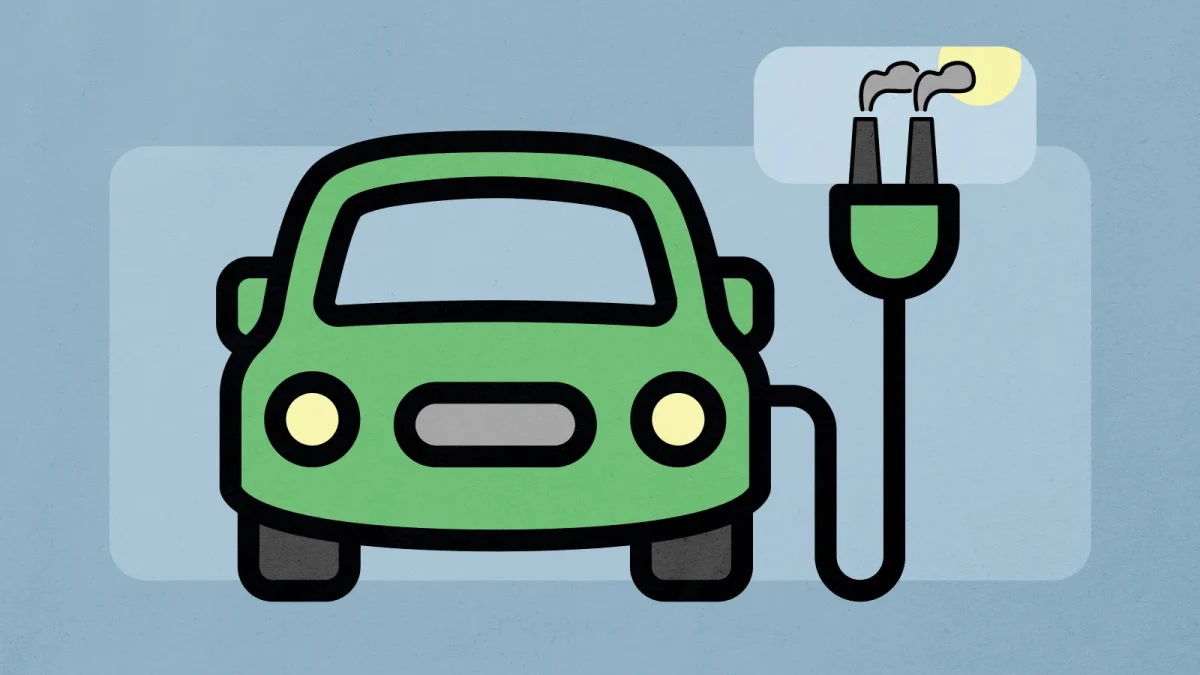When you nudge the throttle, it’s not just a mechanical lever—it’s a direct line to the car’s soul. Picture this: your foot hovers over the pedal, and the instant you press down, the world outside becomes meaningless. The engine stirs, awakening from its slumber. The fuel ignites, pistons dance, and the exhaust exhales a primal growl. It’s not just acceleration; it’s a communion with combustion.
However, many car enthusiasts lament that the shift towards EVs, also known as electric vehicles, due to their environmental friendliness in the car industry threatens the simple joy of driving a car. Despite the complaints about the lack of noise and the ‘connection with the car’ being lost, electric cars offer a variety of positive changes as well. For example, since gas cars rely on fossil fuels, they have a higher operating cost than electric ones, which rely on electricity. Furthermore, since there are fewer moving parts in EVs, they require less maintenance. The reduced number of parts in the engine also helps reduce wear and tear, which helps them hold their value over time when compared to gas-powered cars. These factors have led to increased sales of electric cars and motivated car companies such as Mercedes, Toyota, BMW, Porsche, and even Rolls Royce to switch towards electric.
Although this indicates the end of the gas era, the car industry’s future is not as dull as many dramatic enthusiasts believe. Due to investments in infrastructure, electric cars are improving daily and will eventually transcend the performance of gas cars in every aspect. Furthermore, many electric sports cars have 1000+ HP and a similar, if not better, ride. Any aspects that may be lacking, such as the lack of revving and the feel of the engine, can be administered through the use of technology, as demonstrated in the Porsche Taycan. Whilst some hypocrites may argue that this sensation is not natural and can not rival the eccentric feeling of gas cars, it is a fact that the electric car can replicate the fervency of its predecessor.
Those who still prefer gas-powered cars over EVs have nothing to panic about, as the industry’s transition to electric vehicles is a gradual process and will take time. Despite companies making absurd claims about going all-electric by 2025 and 2030, most electric plans are being scaled back after the cost of the investments into the infrastructure was revealed. In addition, the EV euphoria is dying, and companies realize that the number of sales, despite increasing, will not grow as fast as expected due to the buzz about electric cars wearing off. As the last echoes of combustion fade into the rearview mirror, a new symphony begins—a quiet hum that whispers of progress. The electric car era may dim the roar of engines, but it ignites a brighter future. So, buckle up because the journey ahead promises innovation, sustainability, and perhaps a few surprises.







































Charan Kothapalli • Jun 10, 2024 at 8:33 am
Best article I have ever read